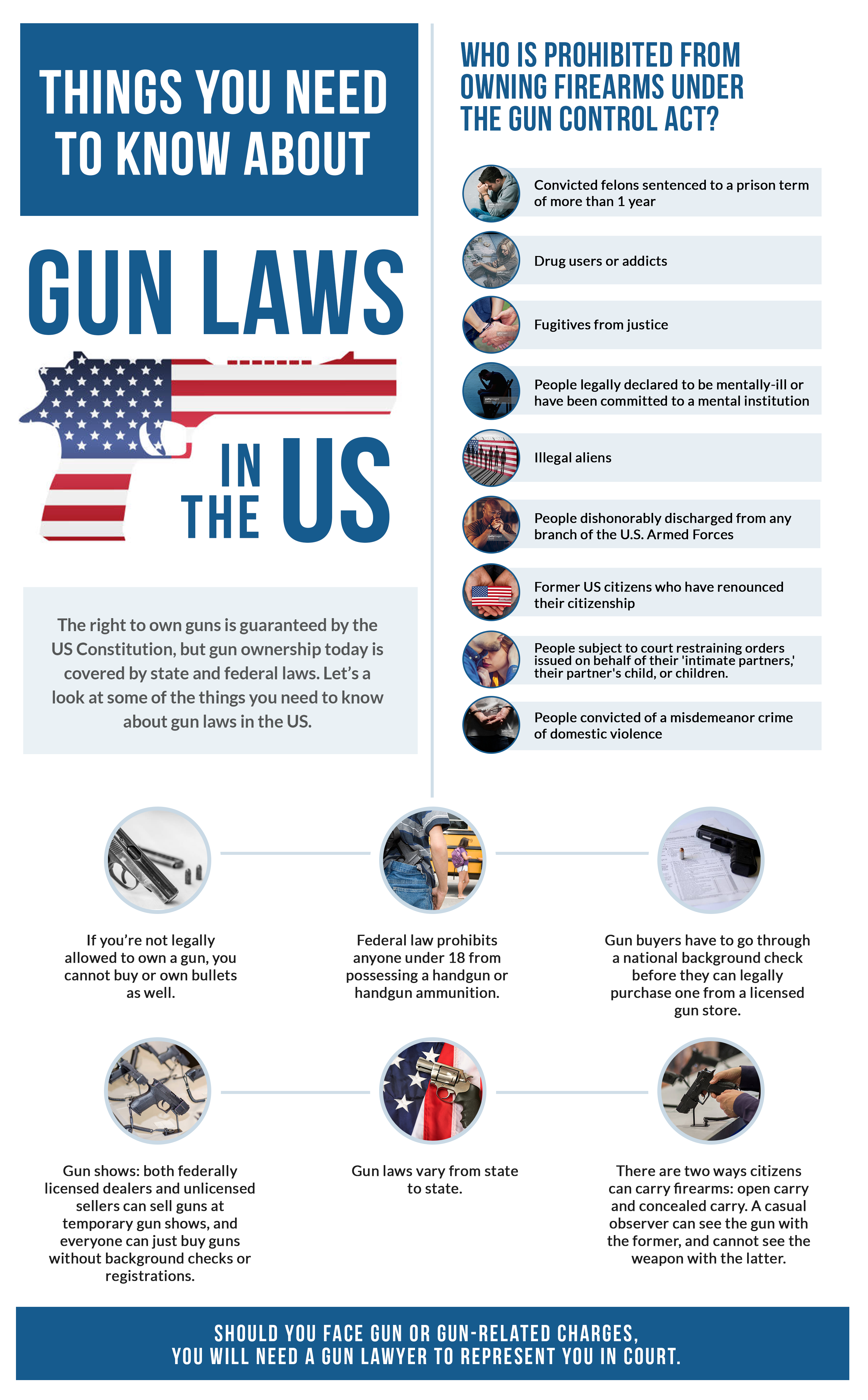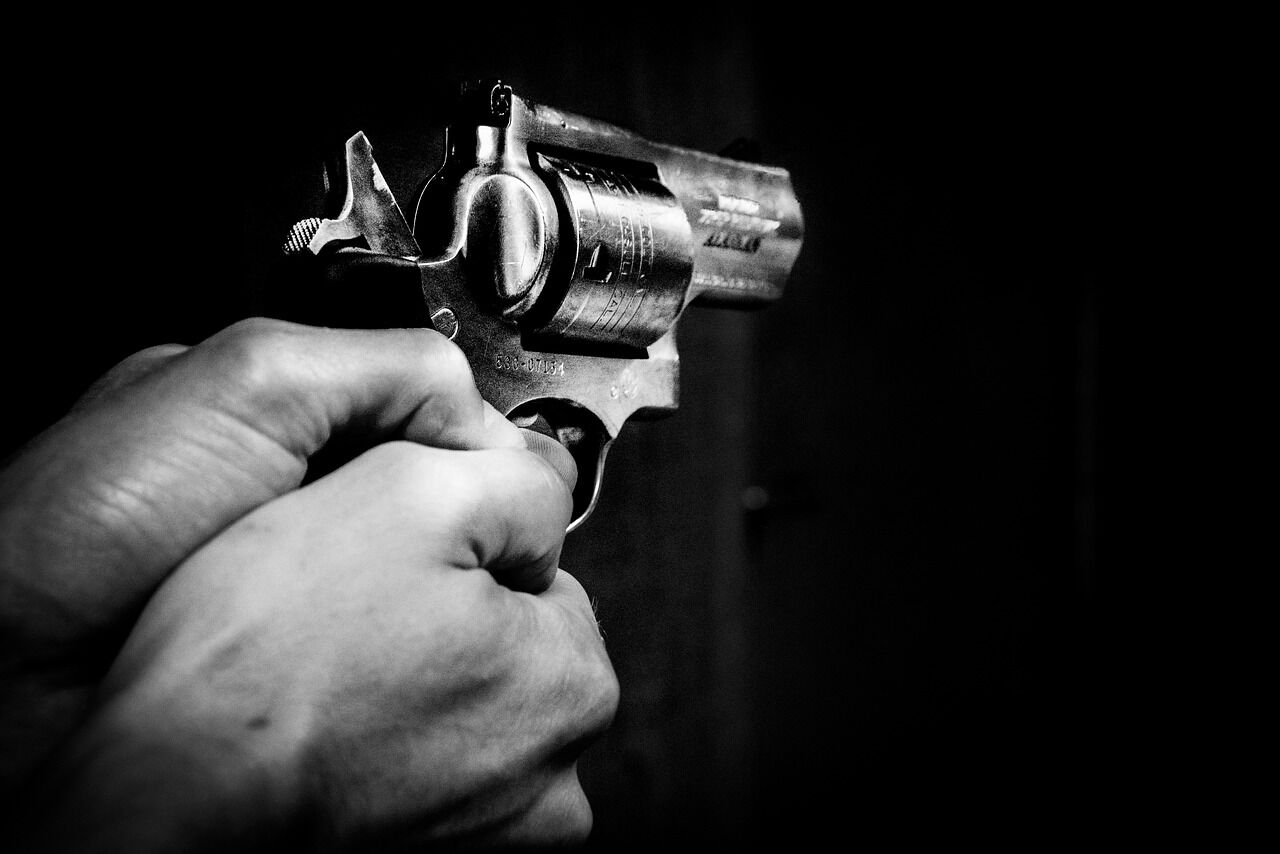
The Second Amendment to the United States Constitution guarantees the fundamental right of Americans to keep and bear arms.
Purchasing a gun in the US, however, is subject to a federal background check, that is, if you buy a gun through a Federal Firearms Licensee (FFL). Retailers at Walmart and other smaller- brink-and-mortar shops selling guns fall under this category.
Should you find yourself charged with any violation of the Gun Control Act, you will need to have a gun criminal defense lawyer by your side to help you mount an effective defense in court.
If you decide to purchase a gun at a federally-licensed retailer;
Here is what you will have to go through:
- Fill out a 4473 form – All prospective gun buyers at FFLs are required to fill out the Bureau of Alcohol, Tobacco, Firearms and Explosives’ 4473 form, also known as a Firearms Transaction Record. It asks for your basic information, including your full name, address, sex, birth date, and ethnicity. The form also asks questions about your immigration status, mental health, and any criminal background, all of which could lead to a denial of purchase.
Providing false information on the form is a felony which is punishable by up to 10 years in prison as well as a $250,000 fine.
- NICS check—Once you’re done filling out the federal form, the retailer or person selling you the gun will run the information you provided in it through the FBI-maintained National Instant Criminal Background Check System (NICS).
The NICS check will take about 30 seconds. You can proceed with the purchase if the background check doesn’t find anything on your record that will indicate you are prohibited from buying a firearm. However, if the background check registers a hit, the NICS will mark the form as “canceled” or “denied,” and the dealer cannot legally sell the gun to the prospective buyer.
When a NICS background check returns a “delayed” response, the transaction will be on hold for at least three business days. In that period, the seller will have to wait for NICS to designate the transaction as “denied.” However, if the three-day period elapses without a cancellation or a denial, the transaction can proceed under federal law.
Who is prohibited from owning a firearm?
Under federal law, a person is not allowed to legally own a gun if he or she is any of the following:
- A drug user or addict
- Dishonorably discharged from the U.S. Armed Forces
- A convicted felon sentenced to a prison term of more than a year
- A fugitive from justice
- An illegal immigrant
- Convicted of misdemeanor domestic violence
- Mentally-ill as declared by a court or have been committed to a mental institution
- An ex-US citizen who renounced his/her citizenship
- Subject to a court restraining order issued on behalf of an ‘intimate partner,’ a partner’s child, or children
Private Sale Exemption
Also referred to as the gun show loophole, the private sale exemption refers to the absence of the background check requirement for private-party sellers of firearms. That means people buying guns online, from a gun show, and from other dealers that are not federally-licensed can just get the firearm of their choice without being checked whether or not they are eligible to own a gun under federal law. It is this loophole that has allowed convicted felons, drug addicts, illegal immigrants, domestic abusers, and other ineligible people to purchase guns legally.
However, some states have stepped in and have plugged this loophole by requiring unlicensed sellers to perform background checks on gun buyers.
Still, even with this background check system in place, offenses that involve firearms continue to take place, with some offenders unjustly facing weapons charges for one reason or another.


